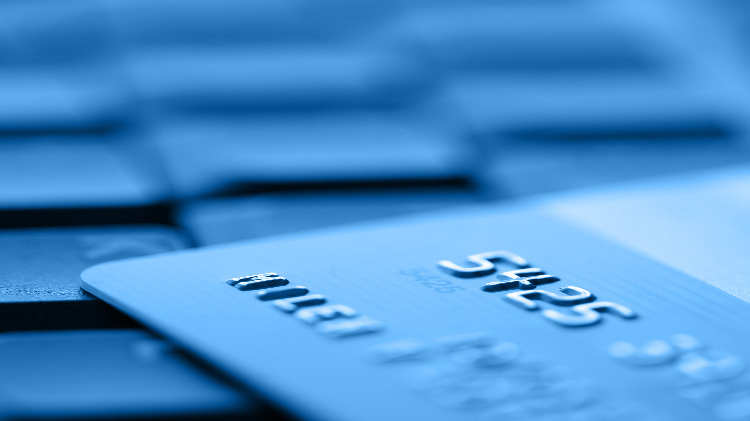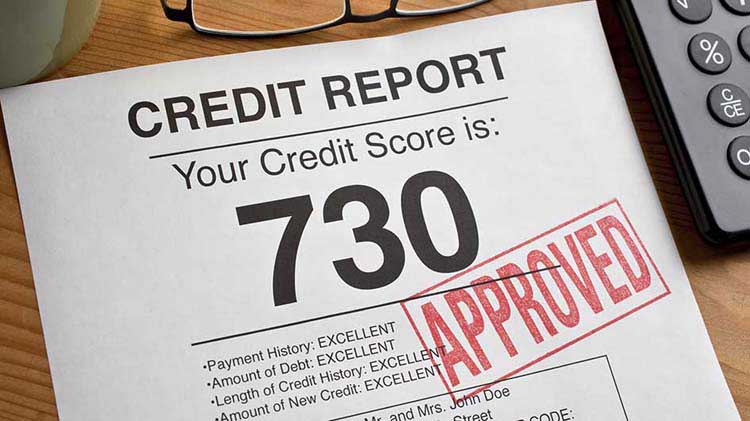Is it better to close a credit card or leave it open with a zero balance?
Navigating the choice to keep or close a credit card after it has been paid off is a common financial decision. Understanding the pros and cons of keeping a credit card can help you decide what to do next.
Pros of keeping a credit card
Here are some common benefits of keeping a credit card after it has been paid off:
- Positive impact on your credit utilization ratio. This ratio compares the amount of credit you're using to the total amount available to you. Keeping a card open, particularly one with a high limit, can help lower this ratio and be beneficial for your credit score.
- Better credit score. Older accounts boost your credit's age, demonstrating to lenders that you have a long-standing relationship with credit. Consequently, keeping an old credit card open can be helpful in maintaining a solid credit history, which may be beneficial when you are applying for a mortgage or financing a car. If you are thinking about closing many credit cards, consider keeping one that you’ve had for a longer period of time.
- Use of benefits. Many credit cards offer rewards, such as cash back, points or travel miles. By keeping your account open, you can continue using these benefits — especially if you're a savvy user who pays off the balance completely each month to avoid interest charges.
Cons of keeping a credit card
While there are advantages to keeping a credit card, there are also downsides. Here are some to consider:
- Potential for more debt. With more available credit, there may be a temptation to overspend, leading to accumulation of debt that can result in high interest and fees.
- Credit card fees. Annual fees on credit cards can be a financial drain, particularly if you're not using the card enough to justify the cost. Such fees can chip away at your banking balance, reducing the overall value of keeping the card active.
- Keeping tab of many cards. Having multiple credit cards may make tracking your finances more difficult, increasing the potential for missed payments or overspending. Managing several accounts requires time and attention to detail — something that can be challenging when you have a busy life.
Does closing a credit card hurt your credit?
Closing a credit card can have a negative impact on your credit score, but the extent varies depending on individual credit histories. Doing so may increase your credit utilization ratio because you have less available credit, which could signal higher risk to lenders and lower your credit score.
In addition, if you close an older account, it may shorten the average age of your credit history, which can affect your credit. According to a report by Experian, the length of your credit history contributes to 15% of your credit score. And if you close a credit card with a remaining balance, your credit utilization ratio may spike and could hurt your credit score. Therefore, it's typically advised to pay off your balance on the card before considering closing it.
How to cancel a credit card
Here are some things to keep in mind if you decide to cancel a credit card:
- Pay off your credit card completely. If you close off your credit card with a balance, it can hurt your credit.
- Contact the credit card company directly. It's recommended to call the customer service number on the back of your card to inform them of your decision. After the call, consider sending a follow-up email or letter for written confirmation of your request — and ask for acknowledgment that the account will be closed with a $0 balance.
- Monitor your credit reports. Verify that the account is marked as "closed" by the consumer. It's advisable to download a report from each of the three major credit bureaus — Equifax, Experian and TransUnion — to confirm the information is consistent across reports.
- Safely dispose of the credit card. You can shred it or cut it into pieces. Confirm your name, number and other important information is destroyed before you discard it.
Tips when using credit
- Consider using your card only to pay for small, re-occurring charges like a gym membership or cellphone bill, but nothing else. This way you'll keep the credit card active and in good standing, while continuing to build positive credit history. Paying in-full and on time each month has the added bonus of showing your ability to pay.
- Ice your card. Yes, you can literally ice your card. Freeze an old (but still open/active) card in ice so you'll have to wait for (or work for) it to thaw to use it for an impulse purchase. That can give you some time to think about if you really need that extra pair of shoes, or if you'd rather invite friends over to grill out instead of going out for an expensive dinner.
- Remove your card info from any websites where it's saved to your account. Make it difficult to go on an online shopping spree. You may be less likely to cave to an impulse purchase if you have to go find the card and manually type the information in.
- Set credit card balance alerts. Check with your credit card company to see if you can set up a text or email alert when you are reaching a certain balance that you have set beforehand. This may help you keep your spending in check.
- Evaluate your due date. Sometimes the current payment due date is not convenient for you, due to maybe lower cash flow or because you are busy and forget. Consider changing the due date for a time of the month where you are less busy or when you know that your paycheck is coming in. This can help you avoid late payment fees that affect your credit history. It may also help to set up a monthly reminder on your phone, so you can make your payments on time.
After learning the pros and cons of keeping a credit card after it’s paid off, you may be interested in learning more about ways to consolidate debt or different types of credit cards.




